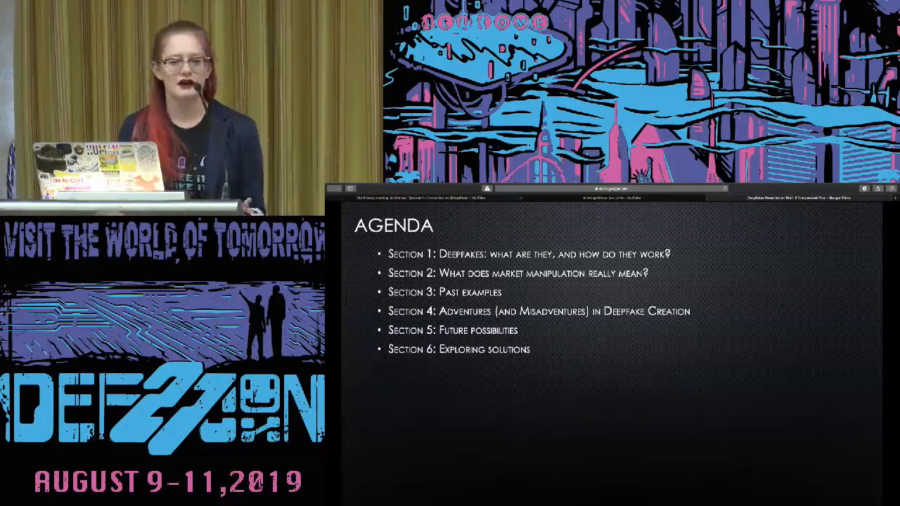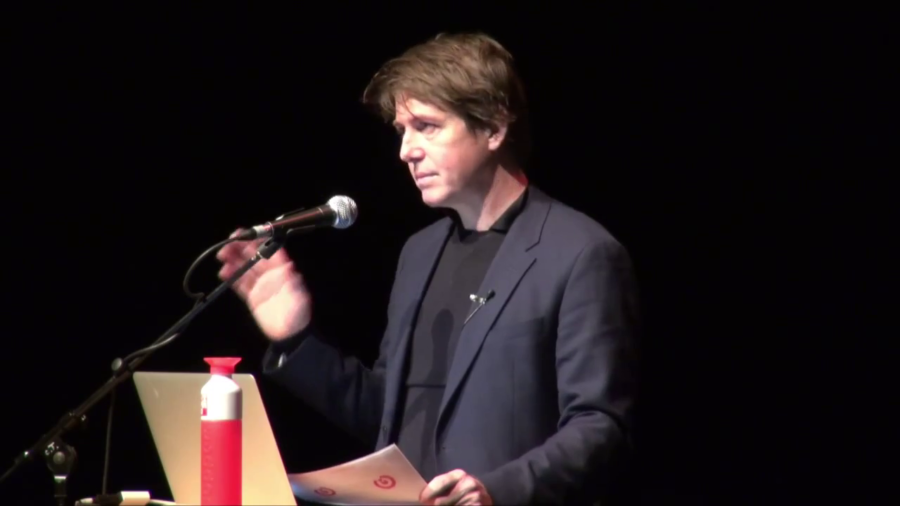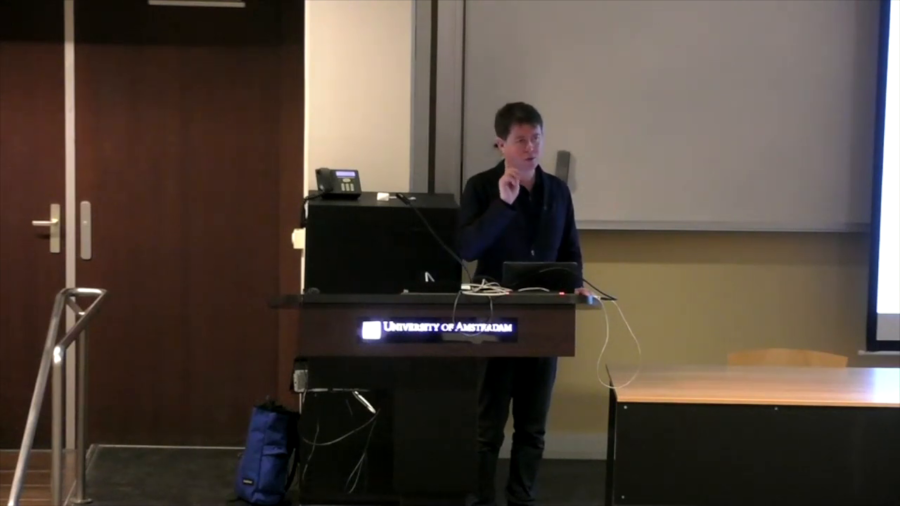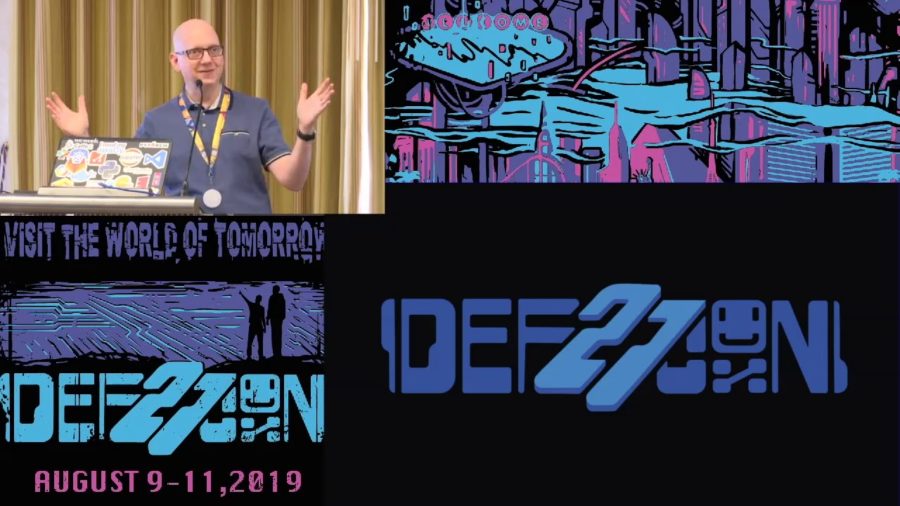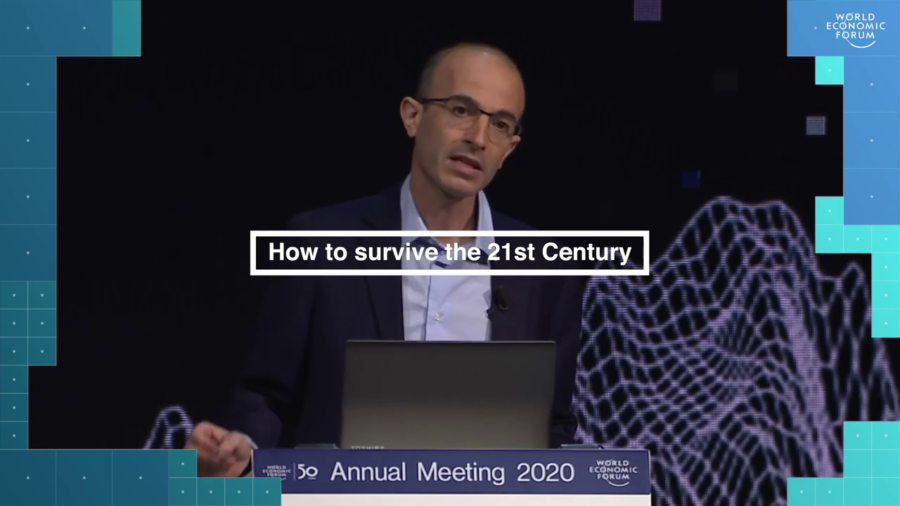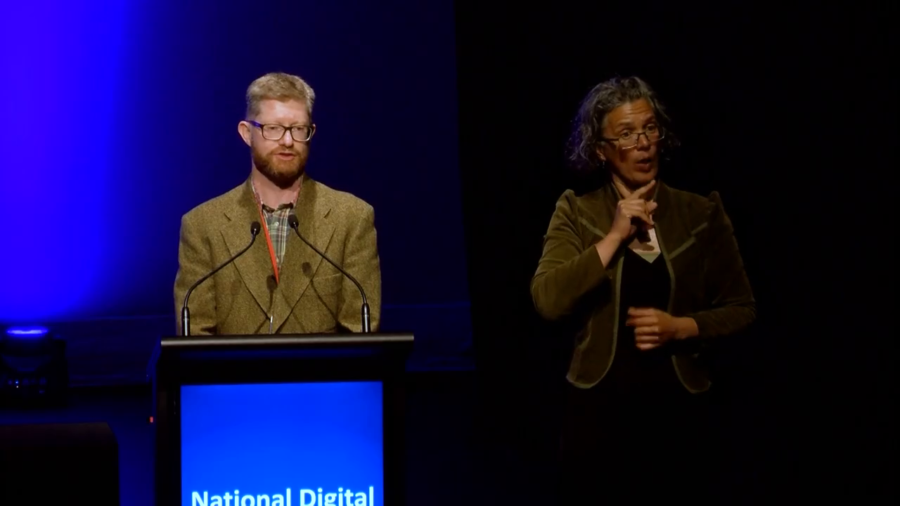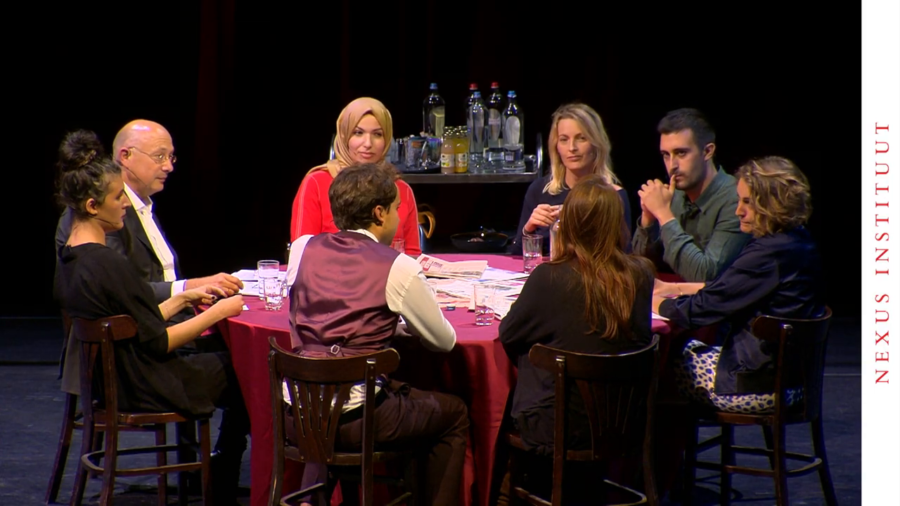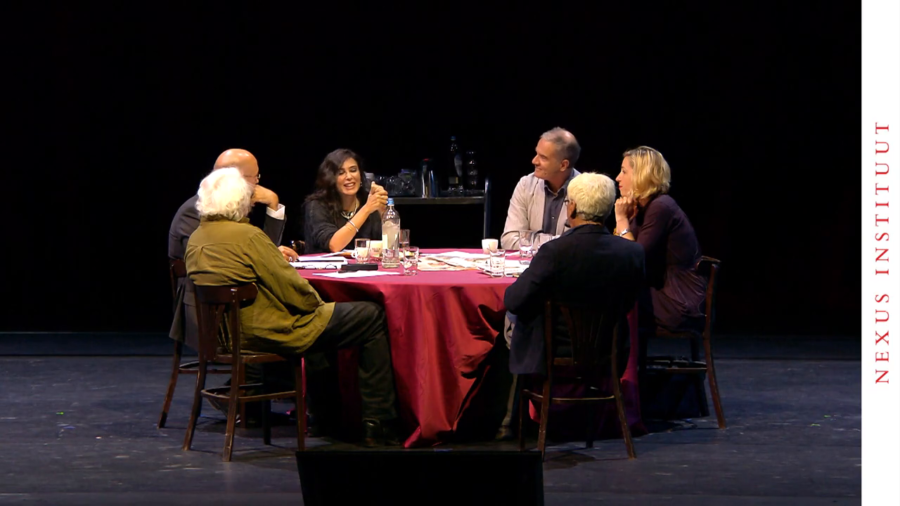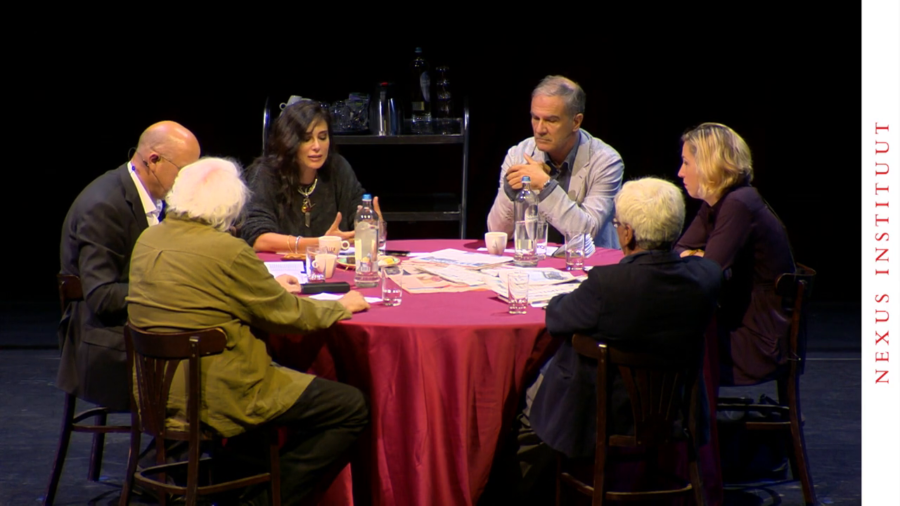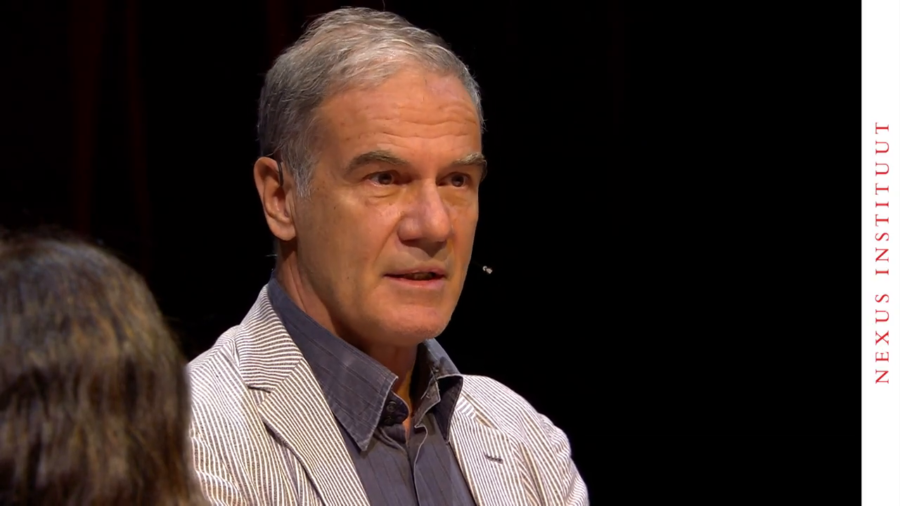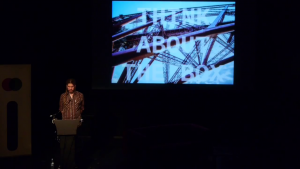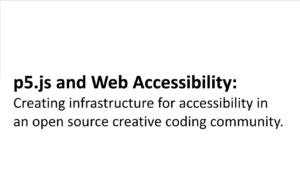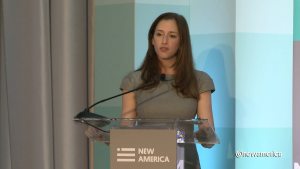Deepfakes, even as a concept, continue to grow and develop. So we’re not seeing that just what we know now as deepfakes is where it stops. This is going to continue to develop as time goes by.
An Introduction to Infrastructure Fiction
presented by Paul Graham Raven
The Someone Else's Problem Field around infrastructure is, ironically enough, a measure of infrastructure's ubiquity and success. You don't think about infrastructure because you don't need to. It just works. And when it doesn't, there's a phone number you can not bother calling, because they'll only put you on hold anyway, and by the time you get through it'll probably have fixed itself, so why bother? Read more →

